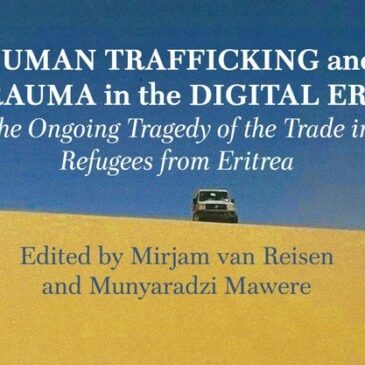Secret mission Eritrea: joint cooperation to curb migration
Switzerland, Germany, Norway and Sweden tighten their bond with the Eritrean regime to curb migration from Eritrea. The Swiss newspaper St. Galler Tagblatt reported earlier this month that a joint delegation visited Asmara in January to hold talks on migration with Yemane Gebreab, Eritrea’s head of political affairs and adviser to the president Isaias Afewerki. The delegation consisted of Anne Lugon-Moulin, head of the department Sub Sahara Africa of the Swiss Department for Foreign Affairs (EDA), the German ambassador to Asmara Andreas Zimmer and two delegates responsible for migration from Norway and Sweden. The mission was later confirmed by the Swiss Department for Foreign Affairs (EDA). The talks are expected to lead to new repatriation agreements with Eritrea.



